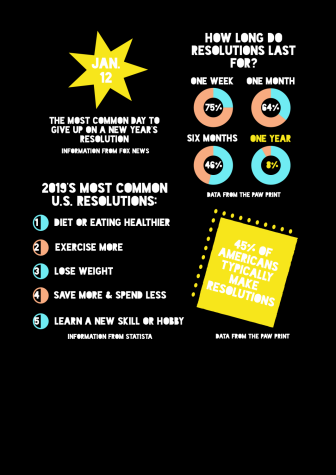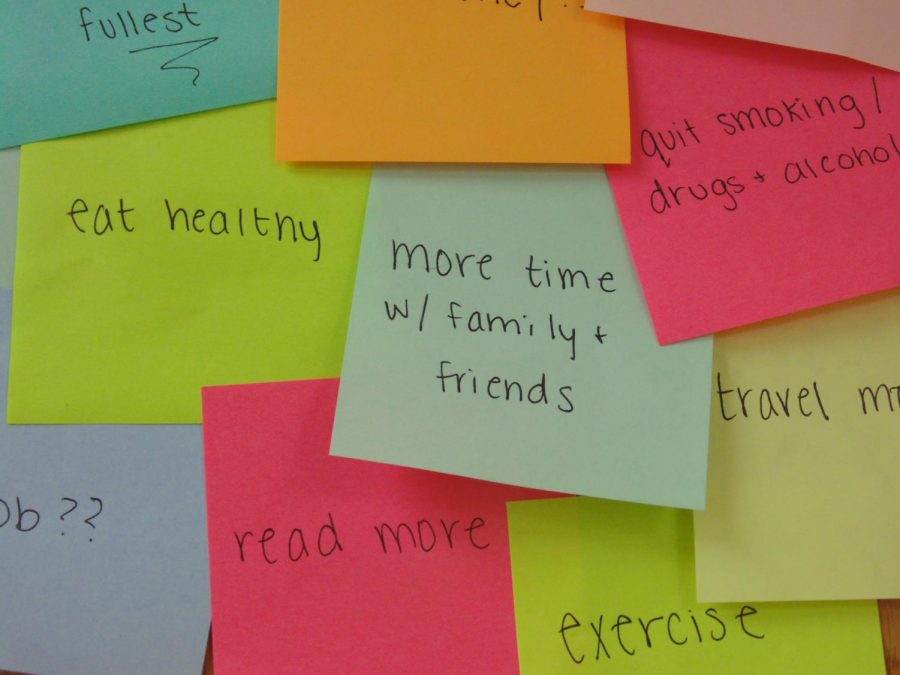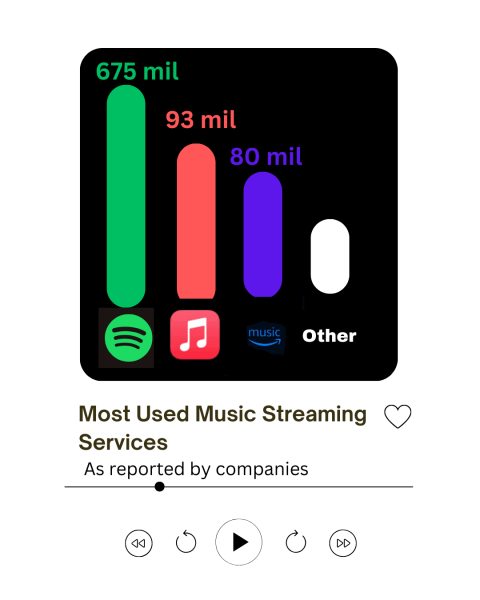Setting Goals for the Right Reasons
The start of a new year isn’t the only time that people vow to make resolutions. They happen every day, year-round, and take shape in many different forms: lose weight, make the soccer team, save more money. Every person wants to be better at something, but many don’t see it out.
We live in a society where goal-setting is the norm and improvement is considered necessary. It is enforced that every individual should hold the desire of getting better in all aspects. The DOI staff was split on whether competition is a detrimental aspect to objectives that are bigger than ourselves or if they form a healthy push that ensures our lives improve. While some believe that a competitive nature instills a selfish mindset that puts individual improvement before society, others feel that each person must be willing to improve themselves first before contributing to the larger whole.
Staff members discussed that the pressure to set goals isn’t the problem in our world, but it’s the pressure to set the wrong goals that leads to the ample amount of failed mindsets and resolutions. Cornered into an ideal standard, many people attribute cultural expectations for allowing outside influences and opinions to sculpt their goal instead of what they want it to be. For high schoolers specifically, some students expressed how the struggle to look a certain way has led many to strive to be someone they’re not, solely to make others — not themselves — happy.

Statistics of New Year’s Resolutions
As much as social media can serve as an inspiring platform to showcase success stories and create a community to display that you aren’t alone in the process, it also promotes advertisements that promise to help you achieve your goals for $9.95 a month. The temptation to do anything at all costs to reach goals has caused many to resort to short-term solutions instead of long-term changes.
Staff members launched into the idea surrounding success rates, and a majority of us claimed it all goes back to the original motive. If it’s really what the person wants, they will have more dedication to follow through as opposed to setting a goal influenced by others. The DOI staff believes that too many people focus on the wrong aspects to reach their goals, looking at results instead of change. When people don’t see the desired end result right away, they become discouraged and driven away from their goal, which many staff members described as the guilt and shame we feel after.
When morale is low, many people struggle to bounce back. The common human procrastination of “I’ll start Monday” — or why many decide to start at the new year — is because of the believed need to have a definite beginning and end. Yet some DOI members’ opinions vouched that time restrictions might be one of the most limiting factors one can have while working towards a resolution because sometimes, no matter how hard one works, results peak at different times.
All in all, the staff agreed that goal-setting — if approached for the wrong reasons — can be harmful to one’s improvement. Progress is a journey filled with ups and downs, and you must be accepting of both sides to have success. The planning of a goal must be a priority before taking action. The “why” of your goal must be for yourself and not others, or the personal motivation won’t be there. The “how” you are going to break old habits and invite change into your life needs to be planned, yet allow for flexibility. Life happens, and we can’t always be on our game all the time.
Some staffers emphasized the importance of a support system through times of struggle and temptation. So grab a friend or family member who wants to achieve similar goals and attack the challenge together.
Make 2019 the year you make a goal for yourself. Focus on the change, not the results. Celebrate the small victories and build them upon each other to tower towards the big obstacles. Don’t let outside sources influence your progress. The DOI staff isn’t telling you that it’s going to be easy; we’re telling you it’s going to be worth it.












